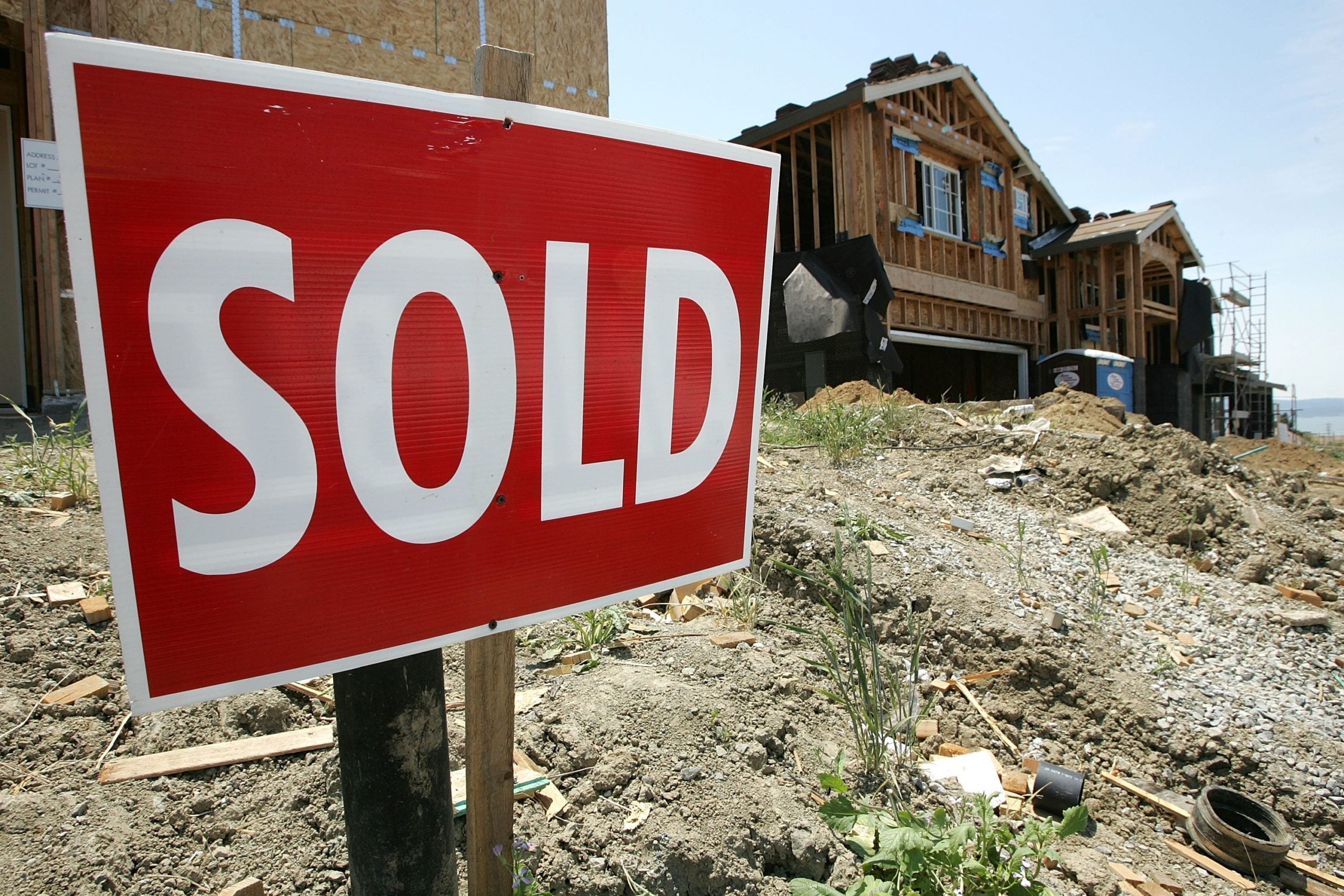Home refinancing, buying applications inundate mortgage companies
(CNN) — What does the Federal Reserve cutting its target interest rate to near zero percent mean for mortgages?
This is the second emergency rate cut in two weeks, and brings the federal funds rate to between 0% and 0.25%. It’s designed to stimulate the economy by making it cheaper for people to borrow money for a mortgage, among other things.
Together with the Fed’s move to buy at least $500 billion in US Treasuries and at least $200 billion in mortgage-backed securities, the actions signal that the Fed puts the economic effect of the coronavirus outbreak on a similar level as the global financial crisis in 2008.
Here’s how it impacts mortgage rates.
Will mortgage rates go to zero?
No, mortgage interest rates will probably not go to zero percent.
The federal funds rate is the rate banks pay to borrow money overnight.
“Even the government can’t borrow at zero percent,” said Greg McBride, chief financial analyst at Bankrate. “The most creditworthy consumer carries a higher risk than the US Treasury, so you are going to pay at least a couple percentage points more than that.”
But mortgage rates are at historic lows and because of that there is increasing demand to take advantage.
Should I rush to refinance or get a mortgage?
There is no urgency right now, says McBride, because mortgage companies are inundated with applications.
“There is literally a traffic jam to get on to the mortgage refinance highway,” he said. “You’re not finding those low rates on a prevalent basis because they are marking up rates to give them a chance to work though the initial wave of demand.”
There are many things at play in the economy right now, but the conditions are set for mortgage rates to stay low for the balance of 2020, he said.
“Once lenders ease the backlog of applications, rates should normalize and that will make for an opportune time to get in.”
What does this mean for the housing market?
After dropping to historic lows, the 30-year fixed interest rate ticked up slightly last week. Now rates are expected to drop again, said Danielle Hale, chief economist for Realtor.com.
“Lower rates may entice home buyers out to shop,” said Hale.
Some people may feel the need to buy or refinance now so they don’t miss out. That is keeping demand strong further into the future, she said.
The Fed is acting, Hale said, because the path ahead for the economy is uncertain. That could hurt the housing market both directly and indirectly.
“If buyers are hesitant to go shopping because they want to avoid contact with others, this could dampen home sales directly,” she said.
“As social distancing is practiced by more people for longer periods of time, a slowdown in consumer spending could eventually lead to job loss and lower incomes.”
Monetary policy is not a quick-acting tool, said Hale. “It will be some time before we know whether this action was sufficient to sustain economic growth, but it’s a large and coordinated move that will put households, the housing market, businesses, and the financial sector on better footing.”
